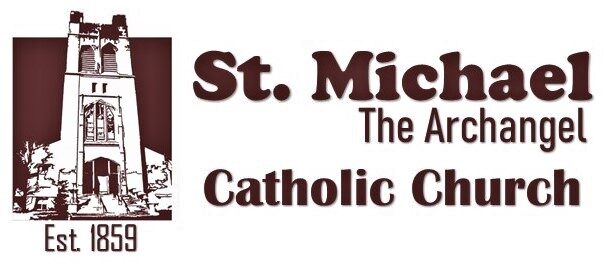The Rites
of the Church
All baptized are entitled to the full
Rite of Christian Burial. You and your family will experience the Rite of
Christian Burial in three distinct and important parts:
The Wake Service
Ordinarily this will take place prior
to the public viewing or during the visiting hours at the funeral home. A
member of the clergy will lead this service of prayer and Scripture.
The Funeral Liturgy
This is the most important part of the
celebration of Christian Burial. This is celebrated within a Mass.
The bodily remains are honored by being brought to the Church. We
celebrate the life and pray for the deceased within the context of the life,
death and resurrection of Jesus.
The Committal
A parish priest or deacon will
accompany the remains and the family to the cemetery, where the Rite of Christian
Burial will conclude with the prayers of Committal and Final
Commendation. Should one wish to speak in memory of the deceased, as in a
eulogy or a remembrance, the Funeral Rite allows for such to usually take place
as part of the Prayer of Commendation that will be prayed at the cemetery.
Words of Remembrance/Eulogies
It is customary at St. Thomas More
Parish that all words of remembrance /eulogies are offered at the
collation/family gathering following the burial. They may be offered at the
wake or cemetery but never during the funeral mass. The priest will meet
with the family prior to the mass to ensure that personal attributes and
stories are woven into the homily with the guidance of the family.
The Time
and Place of the Funeral Liturgy
A funeral may be celebrated on any day
of the week except Sundays and Holy Days. There are also some
restrictions concerning funerals during Holy Week. The priest will
discuss these restrictions as they apply. The funeral liturgy is
ordinarily celebrated in the parish church.
Planning
the Funeral Liturgy
The funeral liturgy is one of the most
beautiful and meaningful celebrations of the Church. Your family has the
option of personalizing the Mass by choosing the Scripture readings and by
requesting specific hymns.
When choosing scriptures, there should
be one reading from the Old Testament, and one reading from the New
Testament. Although you can choose from the whole Bible, the texts
contained within these links are especially appropriate.
